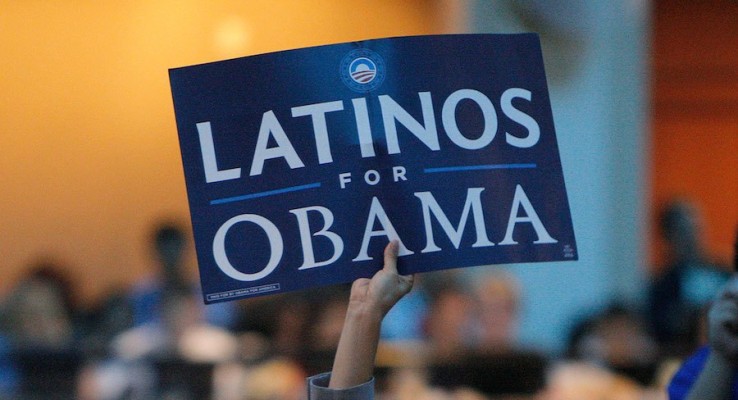The recent parliamentary elections have been a bitter pill for President Obama. While there were signs indicating a possible victory of the Republicans in the Senate, the results exceeded expectations.
It was not the first time that the opposition party has a majority in both houses of Parliament and history shows that American democracy is strong enough to overcome without major traumas the alternation of power between the two major parties. At this point, the Republicans know they cannot adopt a policy of total obstructionism because the country will not forgive them and President Obama began building bridges of dialogue immediately to advance, even with all the limitations of the case, in some of the battles that most concern him.
Among them is the adoption of the Immigration Law. It is possible that the continued delays regarding this law, may have influenced the vote of a portion of the Hispanic community, but it is also possible that, if it would have been done, the Republicans would have used it as a weapon to enforce the fears that, apparently, fill with nightmares the sleep of a great part of Americans which ghosts take different forms: terrorism, immigration, economy, etc. The life of nations as well as individuals are plagued by «yes» to which it is impossible to provide answers, but certainly the election and its results require reflection and analysis.
We consider reductive to say that the Latino vote was influenced only by the unfulfilled promises of Obama in regard to the immigration law. If that was really the reason, abstention would have grown but few would have voted for the Republicans, knowing that within the party, there is a hardliner that showed no major aboveboard toward its rejection to the opening to immigrants. These are the same that, thankfully a minority despite the noise they make, leave no room nor to the slightest sense of human solidarity toward children arriving from Central America escaping from secure deaths.
It is obvious that in these Midterm elections, there were other factors that led Latinos to express a less Democratic vote in the last two, four and six years. They voted for some people, certainly less radical, who from their Republican position, were able to talk about other important issues and above all, who were able to convince them.
It is the indication of a displeasure that goes far beyond the immigration law. And also it is the demonstration of the changes that are being developed within the Latino community. Perhaps it is time to understand that the Hispanic community is not only concerned, as is right and proper, about the issues close to their interests but also about many others like any citizen of the United States.
The Latino community little by little, with great effort, is getting out of their poverty condition and poor education thanks to the progress of new generations and also to the contribution of the many «brains» that have been coming year after year, from Latin American countries. They all have a great influence on their own families and communities. That means that the Hispanic vote also depends on the attitude of politicians in relation to many other problems such as the environment, human rights, the Cuban embargo, the economy, relations with the countries of Central and South America, and the position regarding war and terrorism. To keep looking at the Latino community as a reservoir of votes from poor, uneducated people, that only cares about their small, although valid and important, interests, means losing sight of the changes taking place inside and losing the opportunity to engage with a more articulated and profound dialogue.
The time has come to break certain patterns and clichés that limit a dignified and respectful integration of Latinos who live in the United States, love this country and care about their welfare and future.
Translated by Raizel López


